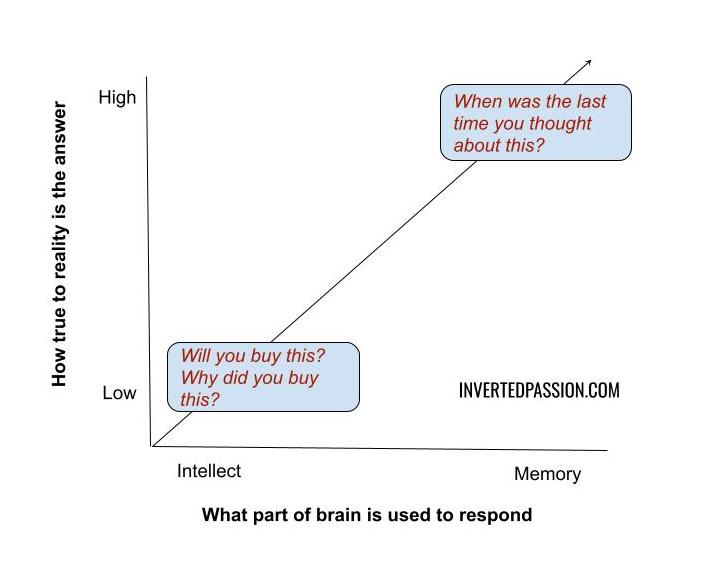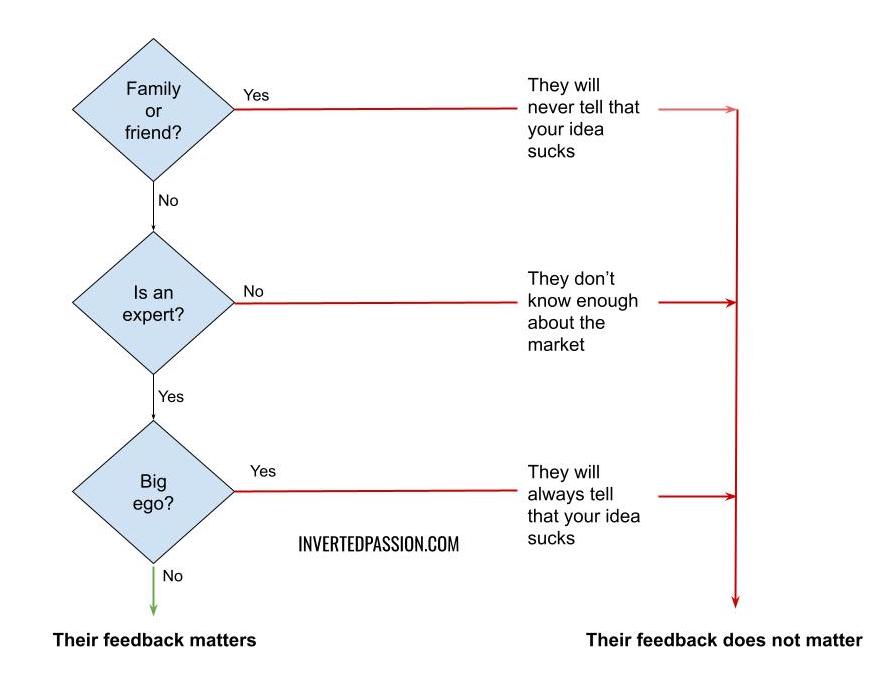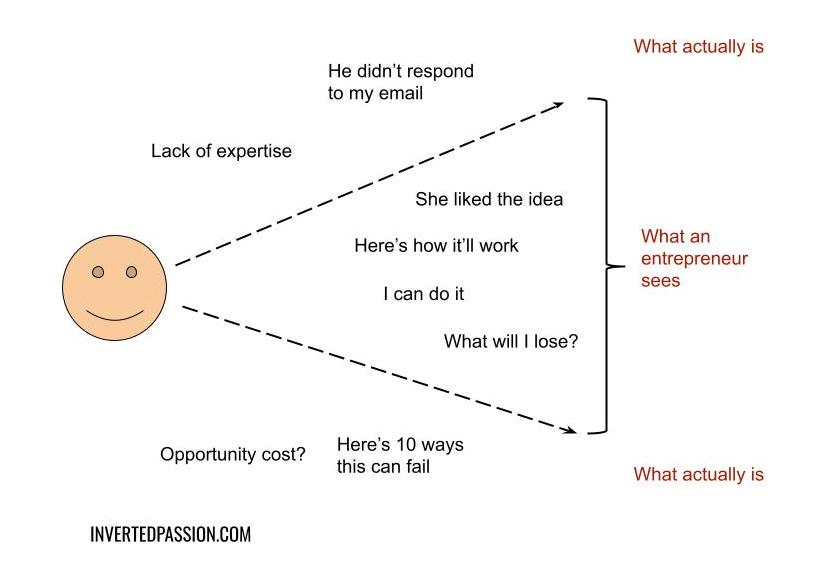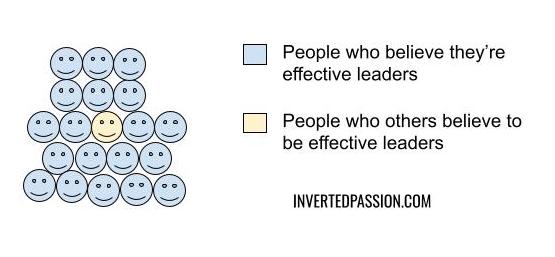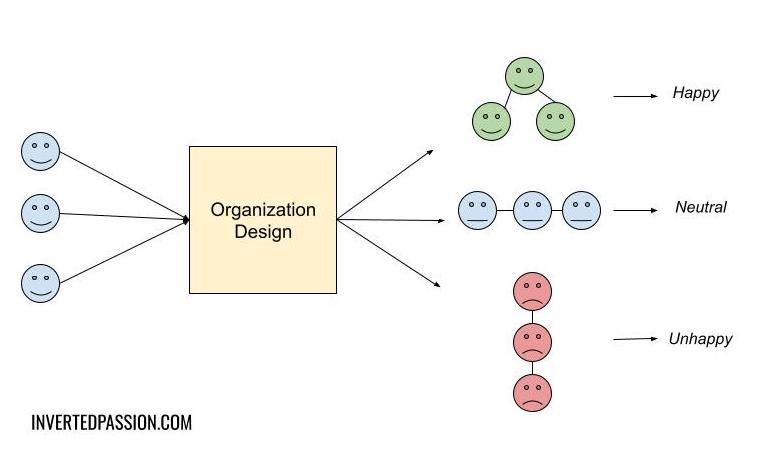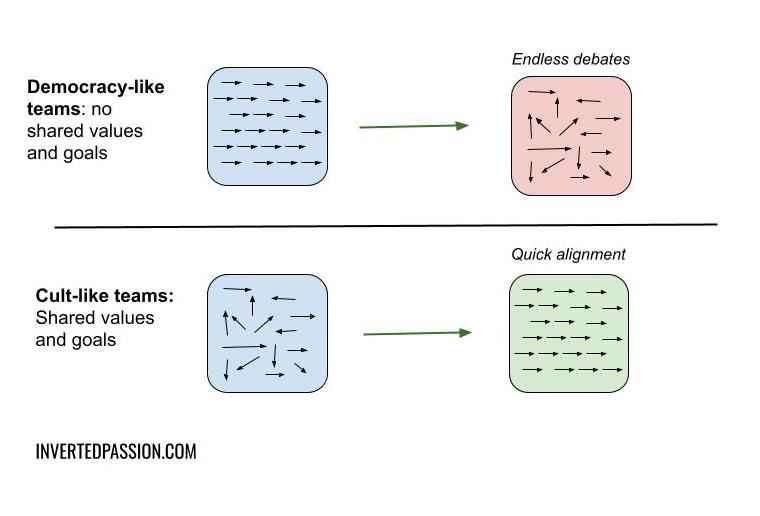Mind projection fallacy happens when we assume that most other people are like us. It’s an error to assume that they have similar desires and fears towards things as we do.
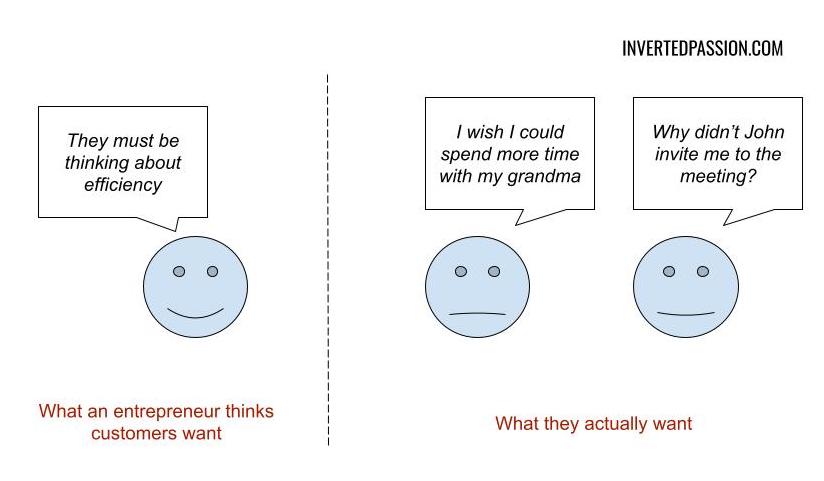
Normally, this is not such a big issue. The worst that can happen in most cases is perhaps an exchange of incredulous looks (for example, when a cricket fan encounters a non-cricket who doesn’t know who Sachin Tendulkar is).
But for entrepreneurs, the mind projection fallacy is dangerous because it means they can end up working on the wrong problem. ...
